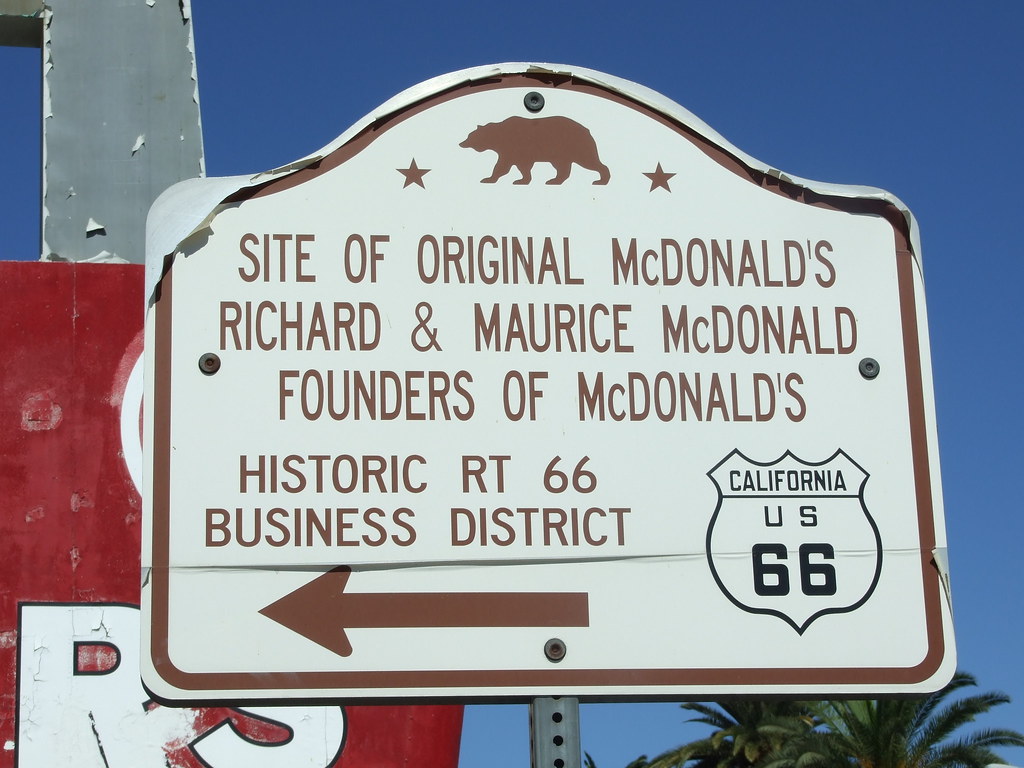A trademark is usually a word, phrase, symbol, design, or a combination thereof that helps consumers identify the source of a product (or service in the case of service marks). Names of people, names of companies, logos, and symbols, as well as other things like sounds or look-and-feel can all be trademarked. Well-known examples of trademarked names include performing artists like Beyonce’ and Taylor Swift, fashion designers like Ralph Lauren or Calvin Klein, and to established businesses whose more personal genesis is long forgotten like McDonalds, which was named after the original founders. This leads many to wonder to themselves, “Can I trademark my name?”

It’s relatively easy to register a domain name. Often, a few dollars and knowledge that a domain is available is all you need. The convenience and ease of purchasing exclusive rights to a domain created the “cypersquatting” industry. While legitimate businesses may increase a value of a domain through marketing, content, and other mechanisms, cybersquatters usually try to register domain names they think may already hold value due to their resemblance to a famous name or mark. Then, once the person or mark holder requests to purchase the domain for a reasonable price, the cybersquatter may offer an outrageous sum instead.
To combat cybersquatting, the Anti-Cybersquatting Consumer Protection Act was signed into law in 1999. Now, a trademark owner may be able to sue to collect damages for trademark infringement AND be able to recover the domain if bad faith intent to profit can be shown.
The Internet Corporation for Assigned Names and Numbers (ICANN), the international organization responsible for supervising domain name registrations, also offers an arbitration process, which is usually more efficient and inexpensive for trademark owners than enforcement in court would be.
Due to the risks of cybersquatting, famous individuals and businesses alike often secure rights to their name so they may combat cybersquatting more readily. This is especially true when a person’s name is synonymous with the work, service, or goods they provide. Musical and theatrical performers may tour under their name and even sell merchandise bearing their name and/or likeness. Fashion designers are also often known to place their name upon their products, much like a company would.
If your name is like most peoples’, you probably only use it to interact with businesses and other individuals, but not in commerce. But if you’re entrepreneurial, and if your name (or stage name) also identifies a company, goods, services, or an offer to provide professional services over which you oversee, you should consider trademarking your name. However, there are still some considerations you may wish to make.
First, everyone should understand that surnames have a special exception under US trademark law. When a mark is comprised of a term that, standing by itself, is “primarily merely a surname”, the surname may need to be disclaimed. That means “Jeff Smith Auto Parts” and “Bill Smith Auto Parts” might both be on the register, with their own rights to “Smith”, but the marks don’t conflict and other marks with “Smith” may not either. In order to protect a mark component that is “primarily merely a surname”, that surname itself must have secondary meaning—that ordinary consumers would recognize the surname as a source. McDonald’s is probably the best example of such a mark.

Wikimedia Commons
Even if you decide not to register your name, you may be able to still use your name as a mark if you have adopted it to identify your goods and/or services. This is referred to as a commonlaw trademark right. Still, whenever you claim rights to a mark, you should use the “TM” or “SM” designations, for trade and services marks, respectively. Registering your mark can provide certain additional protection under trademark law, including giving the owner the ability to bring action in federal court and obtaining foreign trademark rights.
The best way to decide whether registering your name as a trademark is to consult with a trademark attorney before you file your application. Please contact our office for a free consultation.
